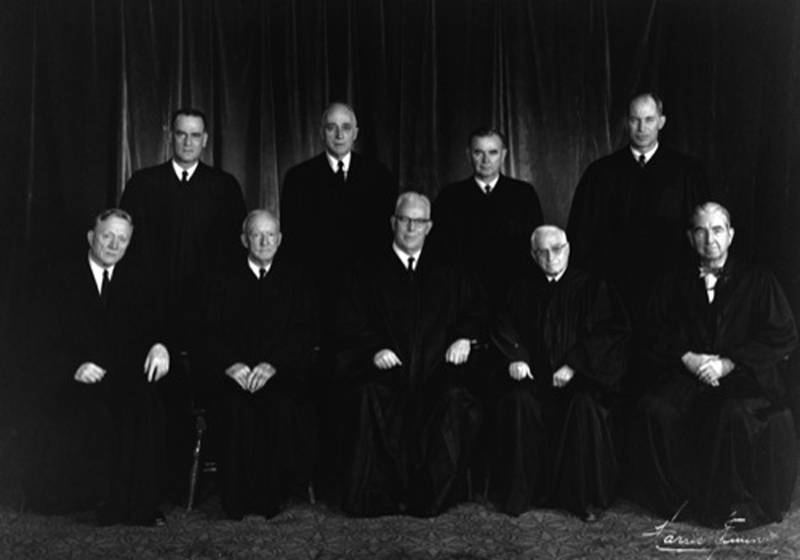In a chilling development that strikes at the core of justice in Florida, the constitutional right to counsel for people on death row may be unraveling in real time. The case of Anthony Wainwright, a man scheduled to be executed on June 10th, reveals a dangerous precedent that, if left unchallenged, could undermine every Floridian’s faith in due process reported by the Florida Action for Death Penalty Alternatives (FADP).
Wainwright’s case, now at the center of a storm within the state’s highest court, raises alarming concerns about the integrity of Florida’s death penalty system—and the growing threat of state-sanctioned executions carried out without meaningful legal representation.
This is not just a crisis for Wainwright. It is a wake-up call for all who believe in justice, accountability, and the right to a competent defense—no matter the crime.
To learn more about the movement to defend the rights and lives of young people and the vulnerable, visit Sustainable Action Now’s Death Penalty Initiative.
A Broken System Decades in the Making
The roots of Florida’s death penalty counsel crisis stretch back over four decades. When Florida restarted executions in 1979, there was no formal system to provide legal representation to those on death row. Courageous attorneys—often unpaid and overworked—stepped in to represent clients facing death with little more than principle and grit.
By the 1990s, the Florida Legislature created three regional offices—Capital Collateral Regional Counsels (CCRC)—to bring structure and support to the process. Yet political interference quickly followed, with governors holding the power to appoint the CCRC leadership. Over time, this introduced instability and partisanship into what should be impartial, life-and-death advocacy.
In 2003, then-Governor Jeb Bush shuttered the most successful of the CCRCs and attempted to replace it with a privatized system. The result? A registry of minimally qualified, poorly vetted attorneys—a system that Justice Raoul Cantero described as “the worst lawyering I’ve ever seen.”
Though CCRC North reopened in 2013, the registry remained intact. Worse still, lawyers appointed during that failed privatization experiment—like Wainwright’s current registry attorney—were allowed to continue representing clients, often without meaningful oversight or engagement.
Anthony Wainwright: No Representation, No Justice
When Governor Ron DeSantis signed Anthony Wainwright’s execution warrant, Wainwright found himself with a registry lawyer who had not visited him in over a decade—a lawyer who refused to file a crucial appeal challenging his death sentence.
But there was hope.
A retired attorney from the Capital Habeas Unit (CHU)—an experienced, qualified litigator who had represented Anthony for years—offered to step in pro bono and take over his state case. She had no request for compensation, no intent to delay the process. Her only ask? That Anthony’s legal claims be heard before the State executed him.
Wainwright wanted her to be his attorney. The law supported her eligibility. Yet Florida’s lower courts denied the request, insisting the registry attorney retained final authority—despite years of absence and documented refusal to act.
When the retired CHU lawyer tried to file an independent petition to the Florida Supreme Court—a right she holds as a member in good standing of the Florida Bar—the Court refused to accept it unless the inactive registry attorney agreed to sign on.
He refused.
Even after an emergency motion to reconsider was filed, the State urged the Court to strike the petition and close the case. As of this writing, the Court’s ruling remains pending.
Why This Case Should Terrify You
If Florida’s highest court upholds this denial, the implications are staggering:
- There would be no more right to counsel in death penalty cases.
- Qualified attorneys could be blocked from defending clients, even for free.
- The decision would leave life-and-death legal challenges in the hands of disengaged or unqualified lawyers.
“If you’re not allowed to choose your lawyer—even when it costs the State nothing and doesn’t delay justice—then you don’t have a right to counsel at all,” said Maria DeLiberato, Executive Director of Floridians for Alternatives to the Death Penalty (FADP).
The death penalty, by law, is supposed to be reserved for “the most aggravated, least mitigated” cases. But Anthony’s life story includes harrowing abuse and trauma. The facts surrounding his case are difficult, yes—but so is the long history of failed legal representation that’s brought him to this point.
We must remember: the Constitution is not contingent on public opinion, nor does it disappear because of the severity of the crime.
What You Can Do Right Now
Florida’s death penalty process is in crisis, and the only person who can stop this execution is Governor Ron DeSantis.
🛑 Sign and share Anthony’s petition—FADP will be delivering signatures to the Governor’s office on Monday, June 9. Your name could help save a life.
🛑 Act to stop the June 24th execution of Tommy Gudinas—another man at risk under the same broken system. You can read his story and sign his petition as well.
🛑 Join the movement in person or online—Maria DeLiberato will speak on these cases and the wider death penalty system at Allendale United Methodist Church in St. Petersburg, FL on Sunday, June 8 at 10:30 AM. The event will also be livestreamed.
🛑 Learn more about the youth and community voices demanding change at Sustainable Action Now’s Death Penalty Initiative.
Onward Through Exhaustion
“This work is exhausting. The arc of the moral universe can feel unbearably far from justice. But we keep showing up,” DeLiberato says. “We keep speaking out, educating our neighbors, and exposing the cracks in a system that promises justice but delivers suffering.”
The case of Anthony Wainwright is a devastating example of what happens when legal rights become optional and representation becomes political.
Now is not the time for silence. Now is the time to act—for Anthony, for Tommy, and for every future case that hangs in the balance.
We fight for justice. We fight for dignity. And we do not stop until the system stops failing.


